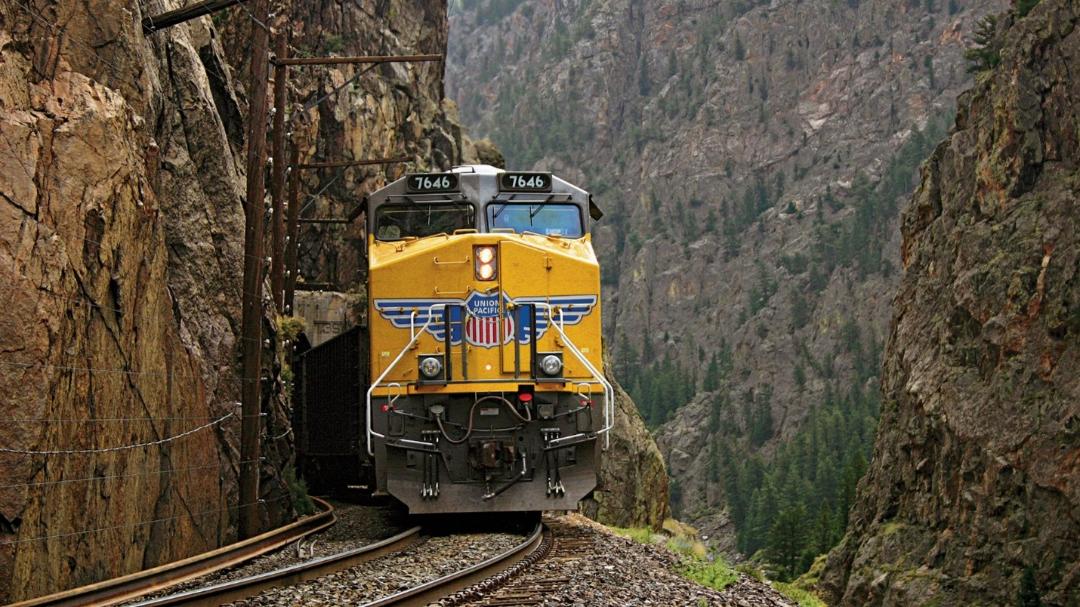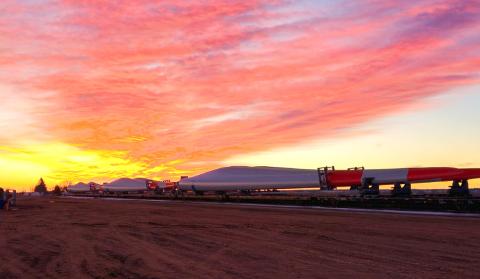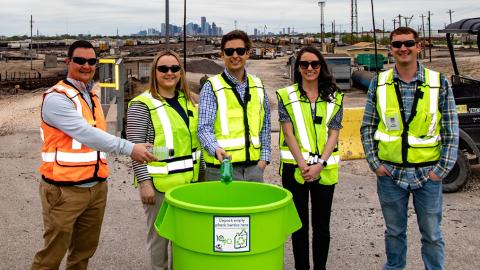Union Pacific Railroad had a rocking good year in 2023 – literally.
Subscribe to Inside Track
The railroad hauled a record amount of rock in 2023, edging out the previous record set in 2006 by a few hundred carloads and increasing overall carloads by 23% compared with 2021 and 9% compared with 2022.
Union Pacific made a concerted effort over the past few years to capitalize on the construction boom in Texas and the Gulf Coast region, by finding new locations to “land” or place rock trains and identify new quarry sources to feed the landing spots.
“Union Pacific identified the anticipated growth in advance and positioned ourselves to capitalize on the residential and commercial increase in Texas to meet our customers’ needs,” said Kevin Klein, general director-Marketing and Sales.
The rock being hauled is used for a variety of construction purposes, including pouring concrete foundations for new homes and businesses and to build and maintain roads and highways. It is also being used in the construction of new LNG facilities in the Gulf Coast.
It comes as Texas experiences a population boom, with one of the highest growth rates in the nation behind South Carolina and Florida.
A good percentage of the rock that Union Pacific transported last year originated and terminated in the southern part of the railroad’s network, between San Antonio/Austin to Houston and in the Dallas area.
These trains currently haul 100 or more cars, which is the equivalent to taking 400 semitrailer trucks off the road.
“Union Pacific is not only helping feed the construction need in Texas, but also relieving congestion on the state’s roads and highways and helping customers reduce their own greenhouse gas emissions,” said Klein.
Moving freight by rail instead of truck lowers greenhouse gas emissions by up to 75%, on average.






